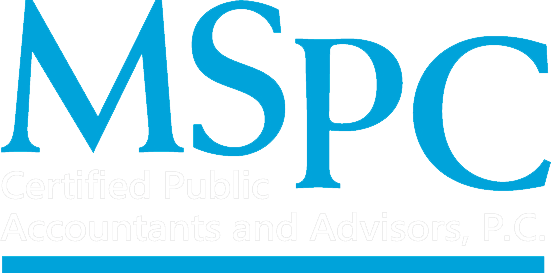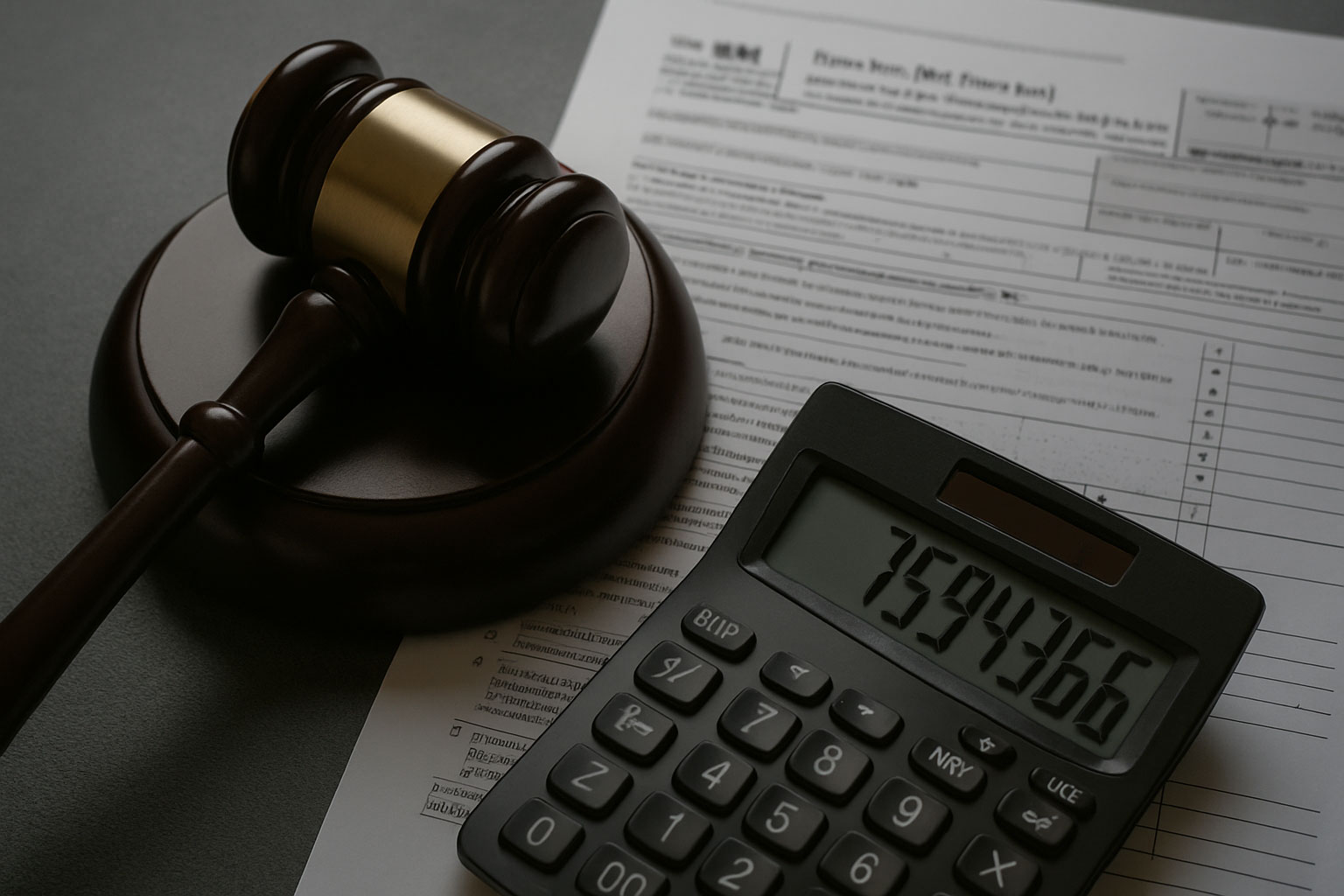In the case of Hacker, T.C. Memo 2021-186, the U.S. Tax Court has held that two corporate officers were employees of the corporation they owned and that the corporation was liable for its share of payroll taxes on the IRS’s reasonable determination of what the corporation should have been paying the officers.
Mr. and Mrs. Hacker were 49% and 51% owners of Blossom, Inc. (Blossom), an S corporation that operated daycare centers. They were also Blossom’s only corporate officers.
Mrs. Hacker served not only as Blossom’s president but also as the director of curriculum and education for all of the employees, students, and locations of Blossom. She served as Blossom’s top manager, personally overseeing and supervising employees, including hiring and firing, and managing Blossom’s six daycare directors, with all of the company’s employees ultimately reporting to her.
Mr. Hacker served not only as Blossom’s corporate vice president but also as its secretary and treasurer. During the years at issue, Mr. Hacker also served as the director of Blossom and had authority over all of Blossom’s bank accounts, and his daily responsibilities included but were not limited to, depositing parents’ payments for childcare into Blossom’s bank accounts and personally writing all of the payroll checks to Blossom’s 90 employees.
In addition, the Hackers, as sole shareholders, incorporated Hacker Corp. Blossom had conveyed to Hacker Corp. certain real estate locations of Blossom’s daycare centers and Hacker Corp. provided property and services management to Blossom, its only client. Hacker Corp. paid salaries to the Hackers in 2005 totaling $73,848 for services provided to Hacker Corp., which were arguably for management of Blossom. Blossom paid no salary or wages to the Hackers.
The IRS contended that the Hackers were employees of Blossom, that the Hackers had additional wage income (pursuant to a reasonable wage determination) from Blossom in 2005 of $209,200, and that Blossom was, therefore, liable for its share of payroll taxes on that reasonable wage determination. The Tax Court agreed with the IRS that the Hackers were employees of Blossom, noting that the Code provides, for payroll tax purposes, for corporate officers to also be employees. Citing the earlier case of Joseph M. Grey Pub. Accountant v. Commissioner, 119 T.C. 121 (2002), the Court found that the Hackers performed more than minor services to Blossom, adding that wages paid by Hacker Corp. did not offset reasonable compensation requirements for the services provided by the Hackers to Blossom. Consequently, the Hackers ended up liable for the payroll taxes due, plus failure to deposit tax and accuracy-related penalties.
This case underscores how critical it is to evaluate the activities performed by employee-shareholders of an S corporation, to determine their associated reasonable compensation, and to carefully conduct the associated compliance.

